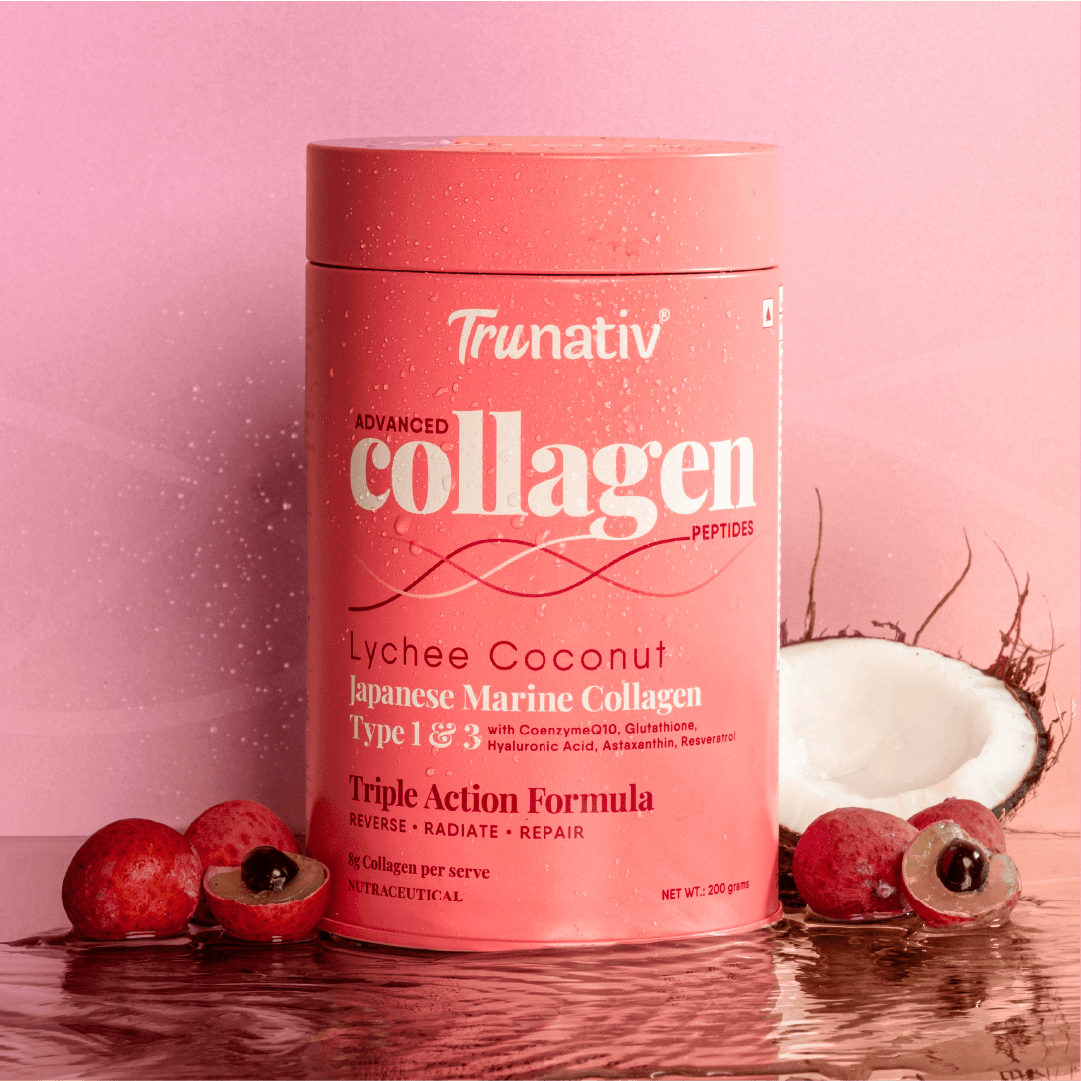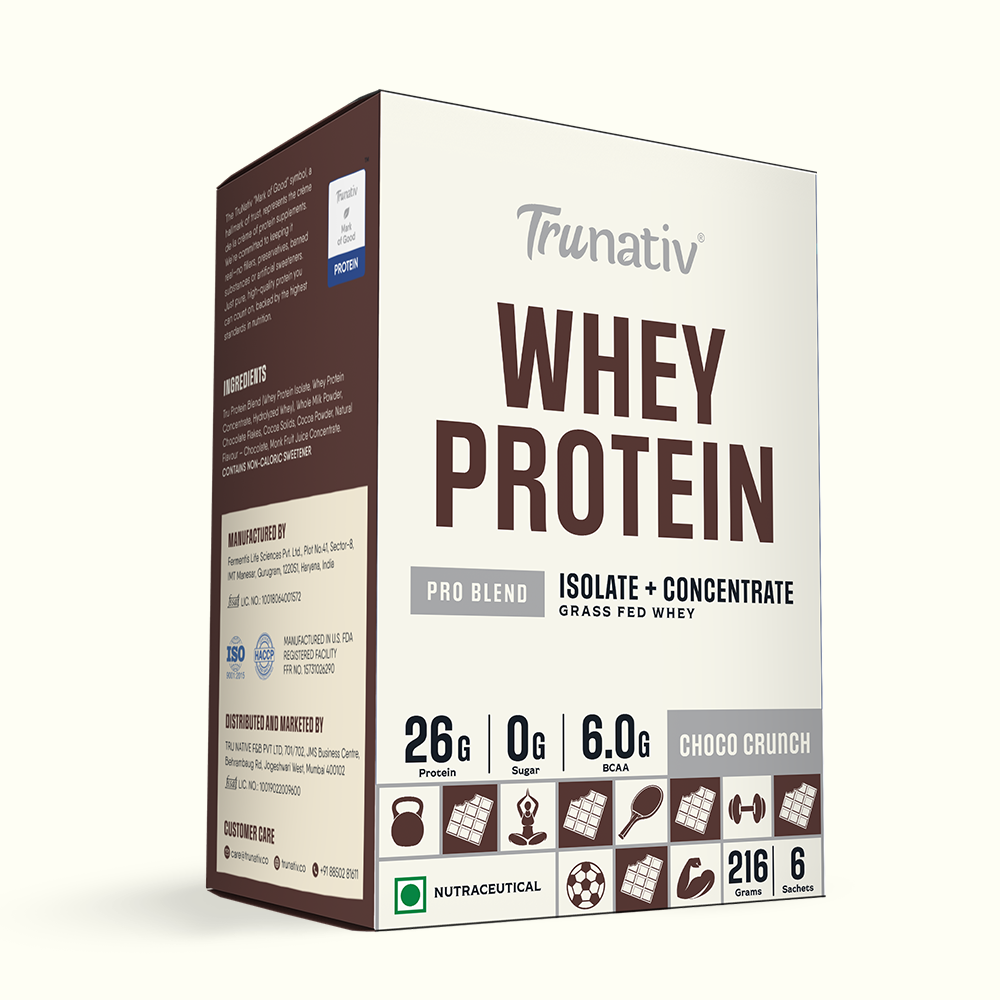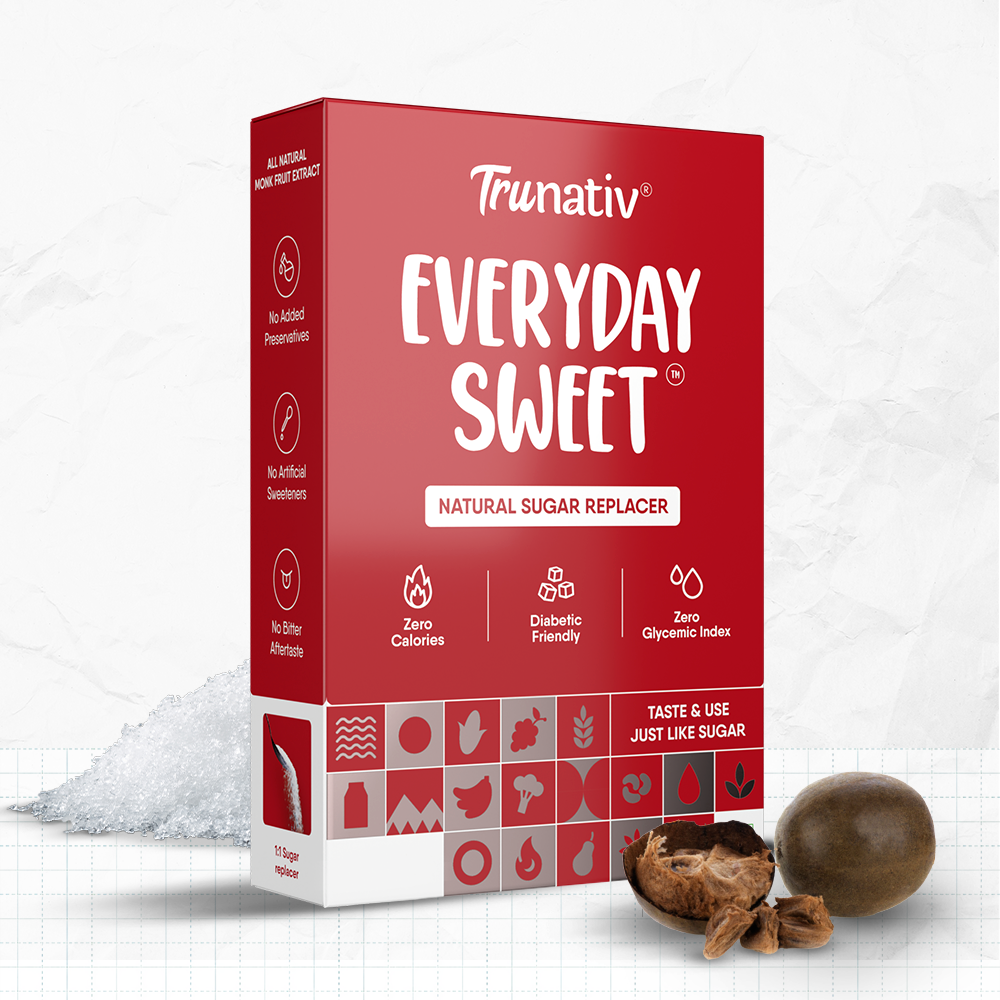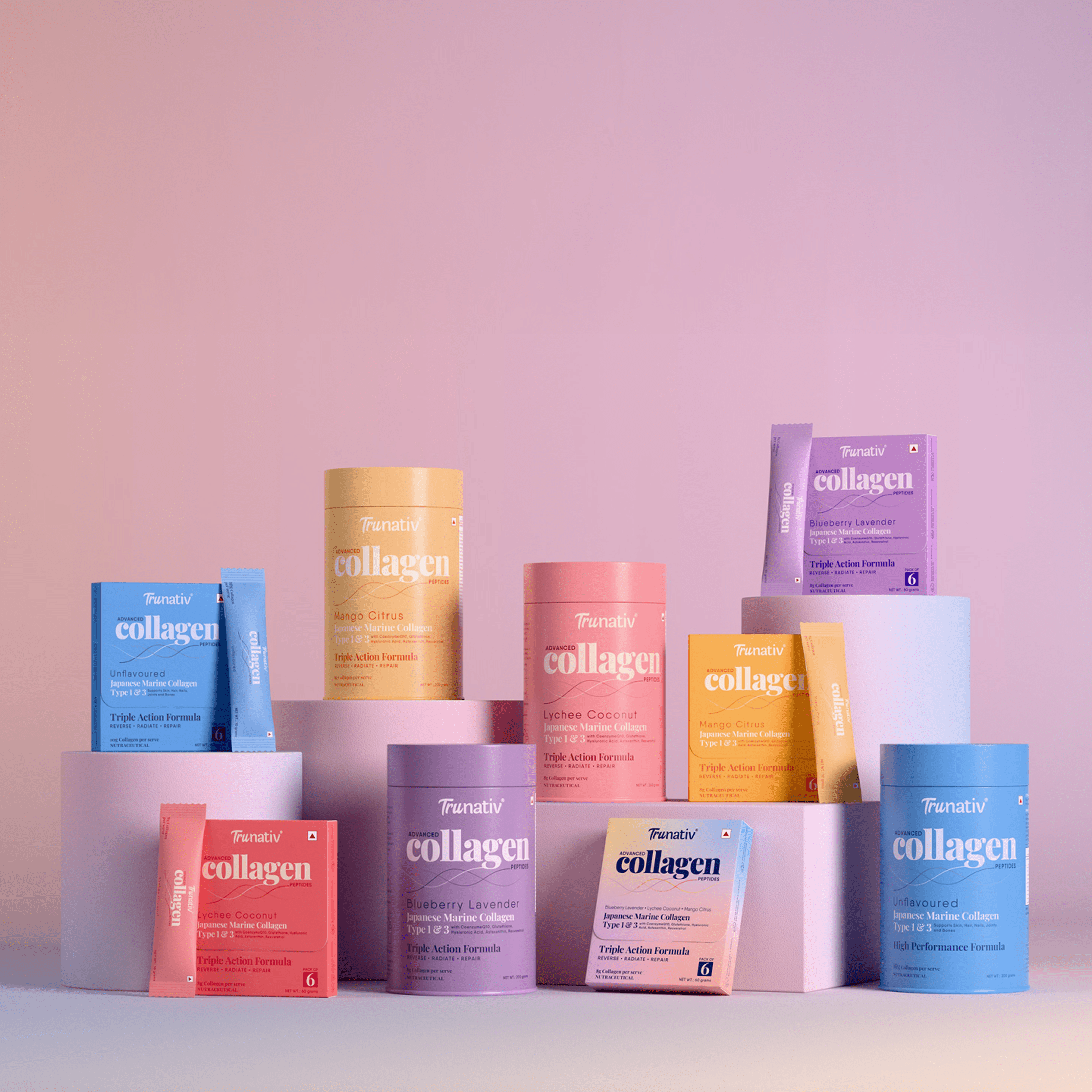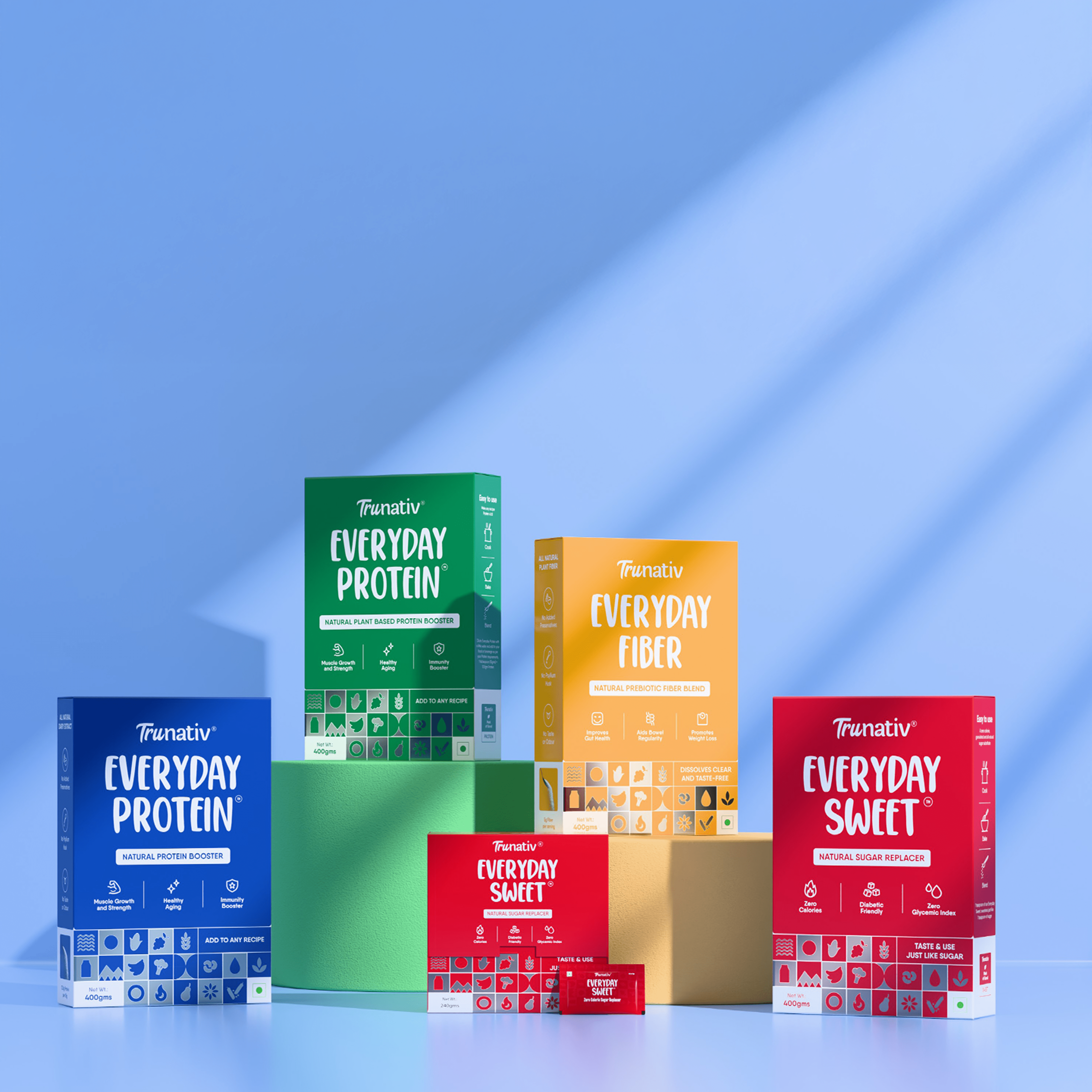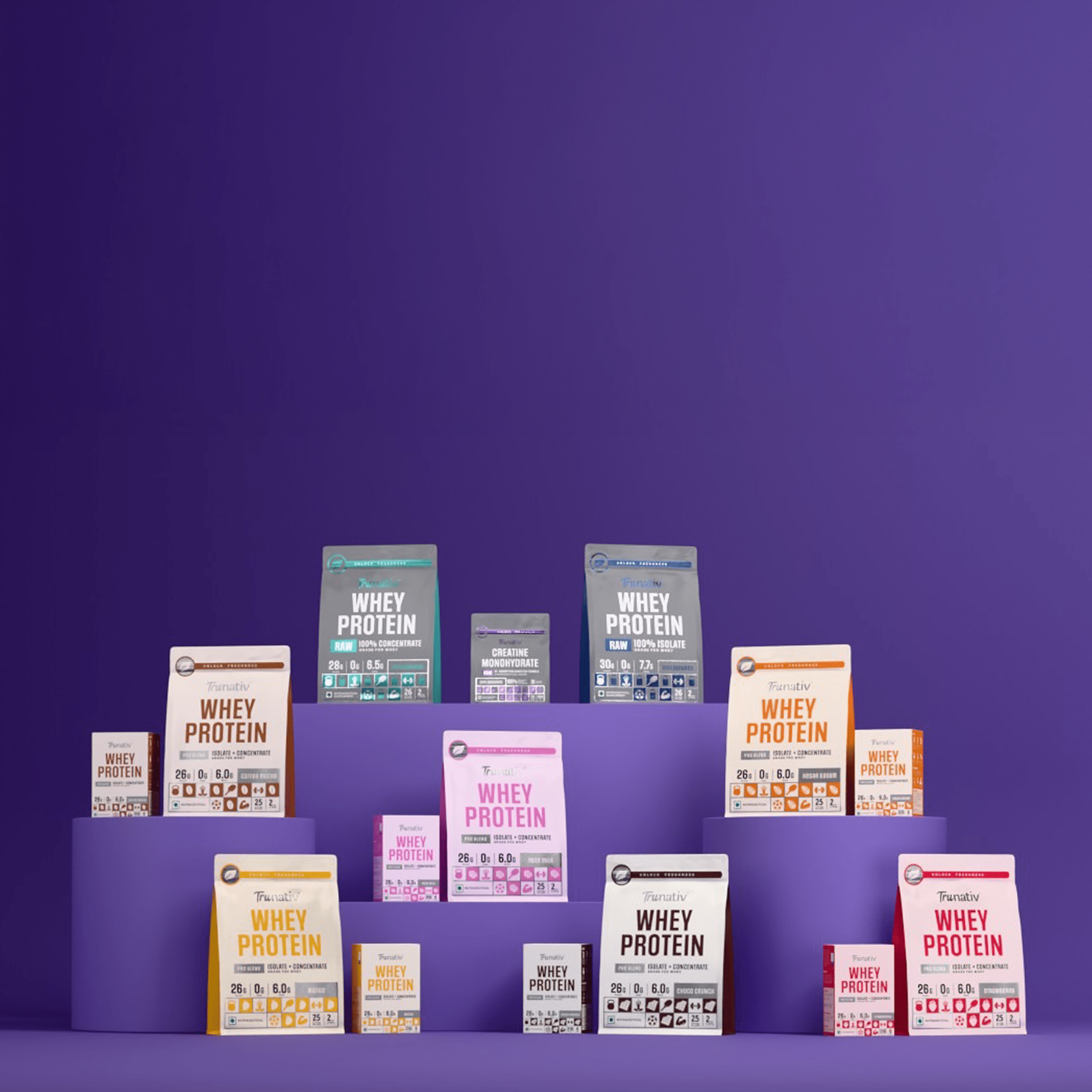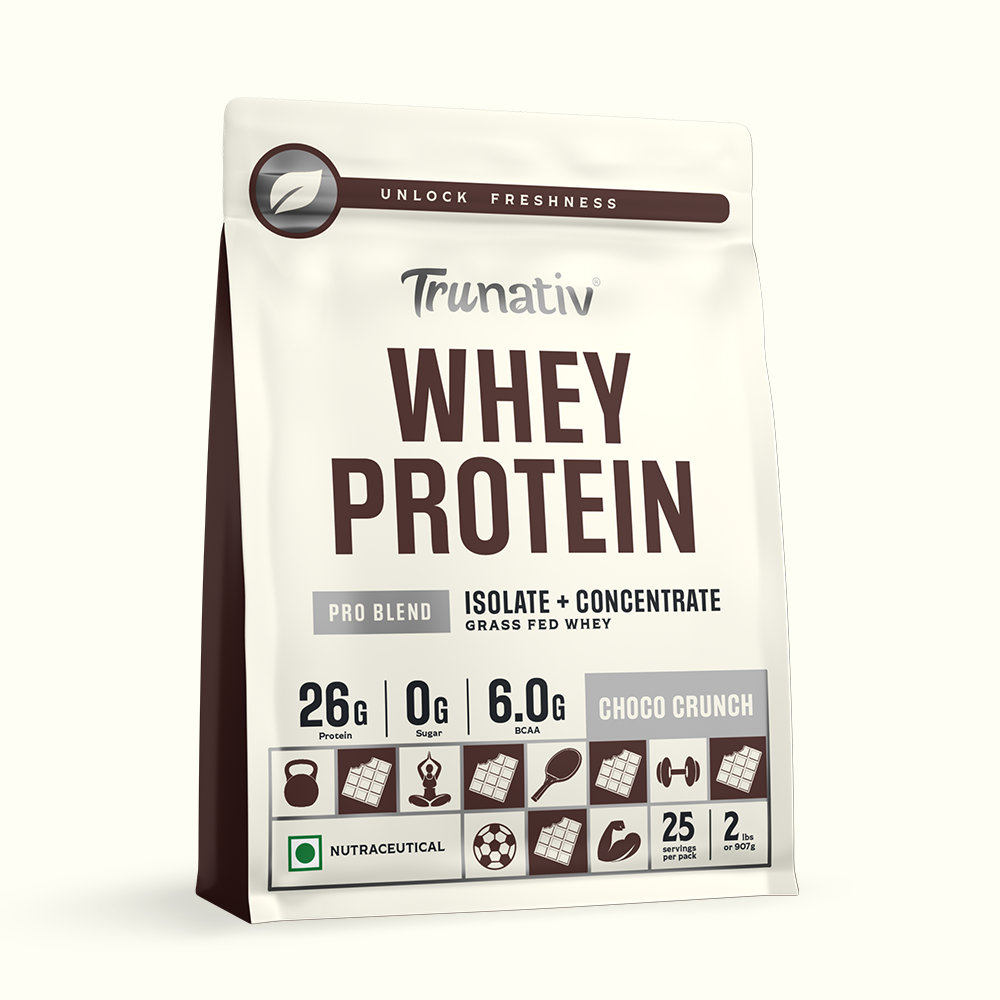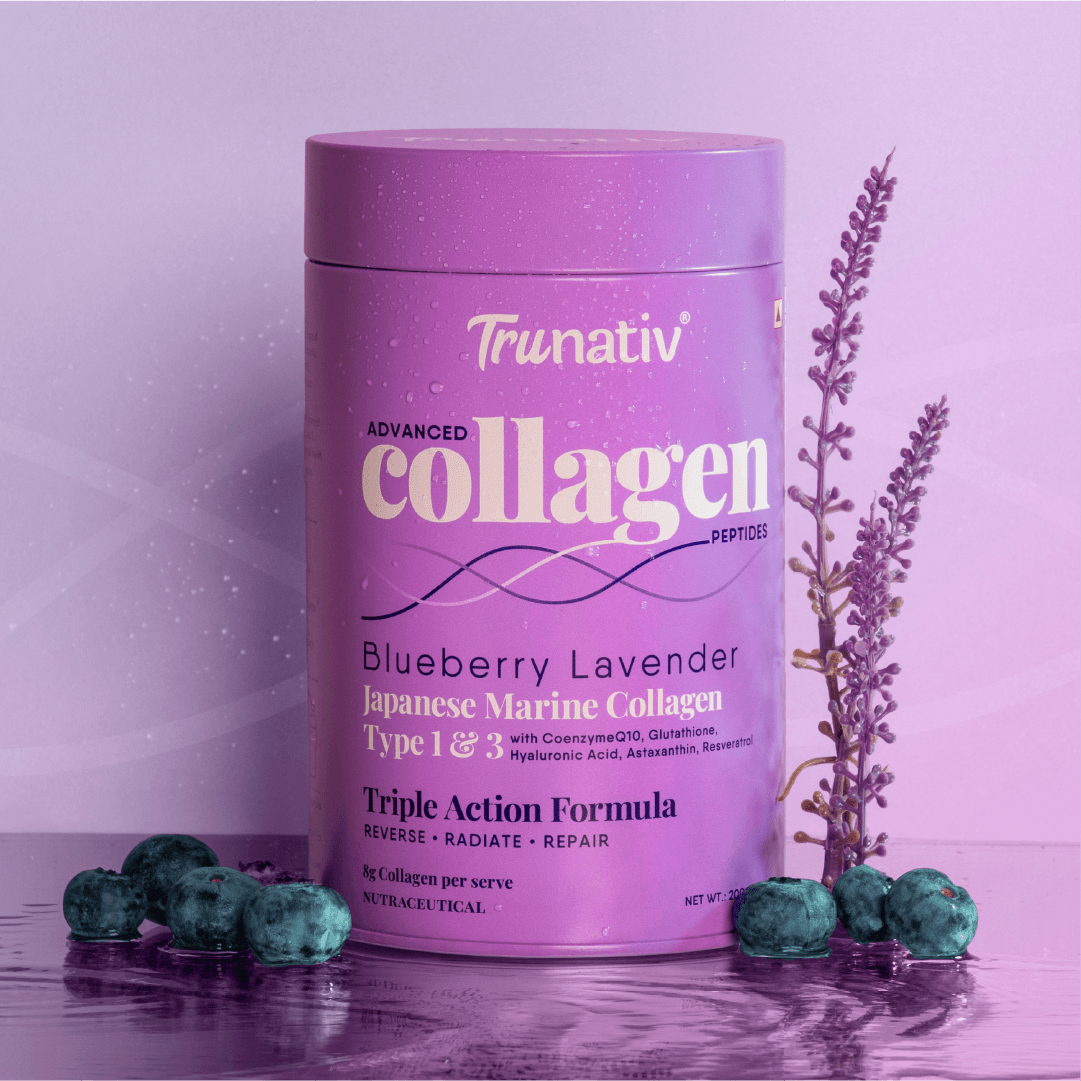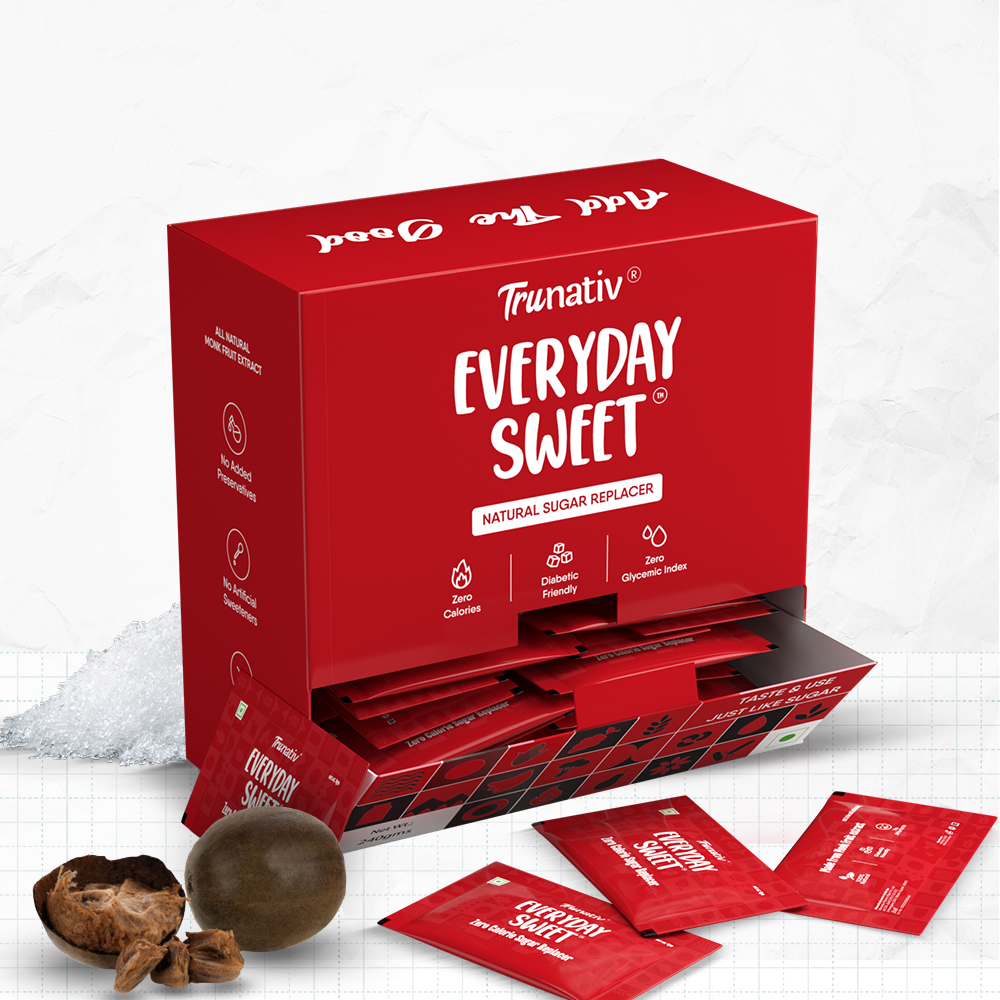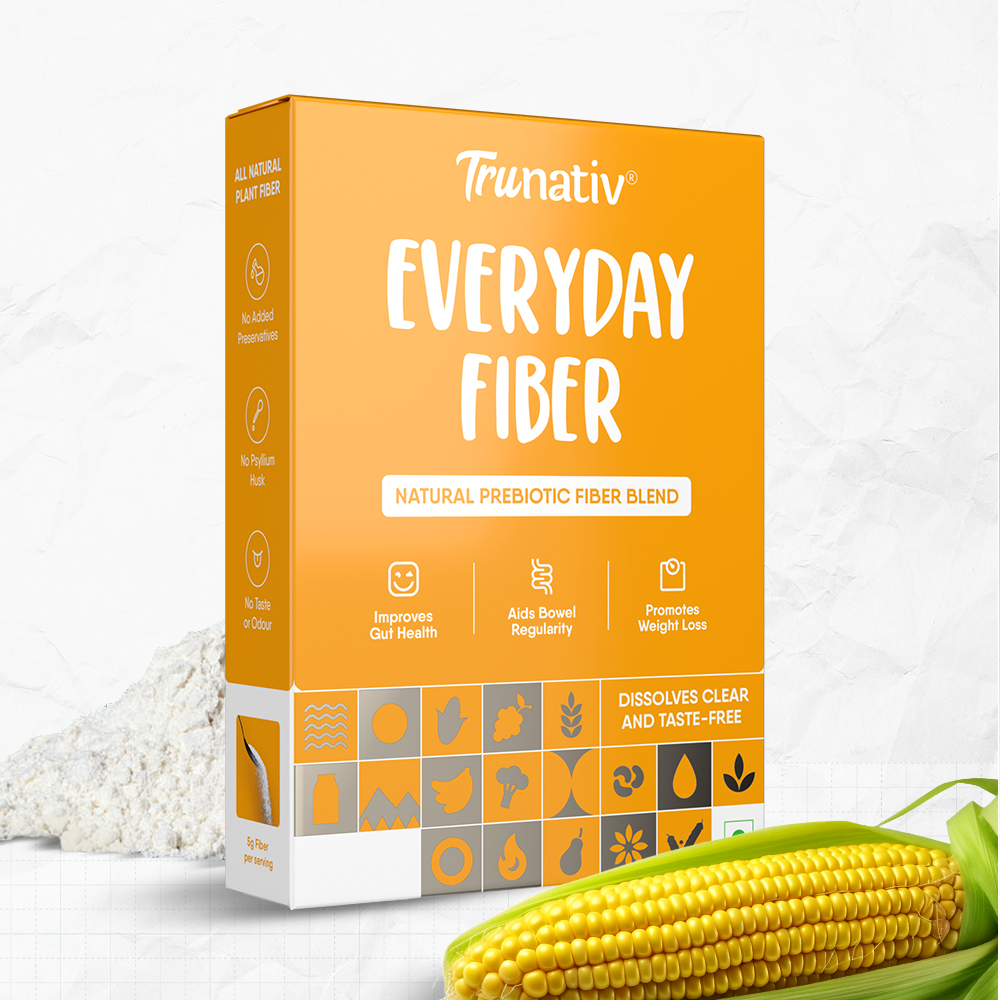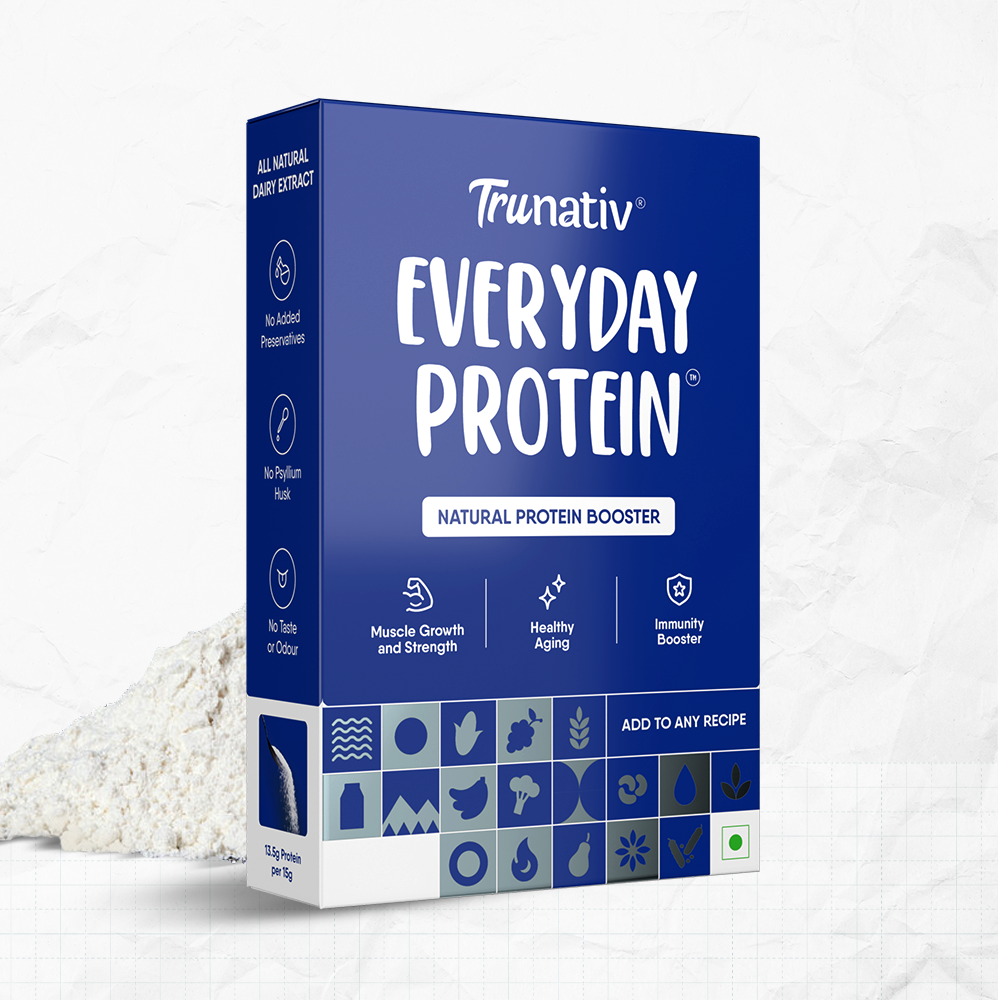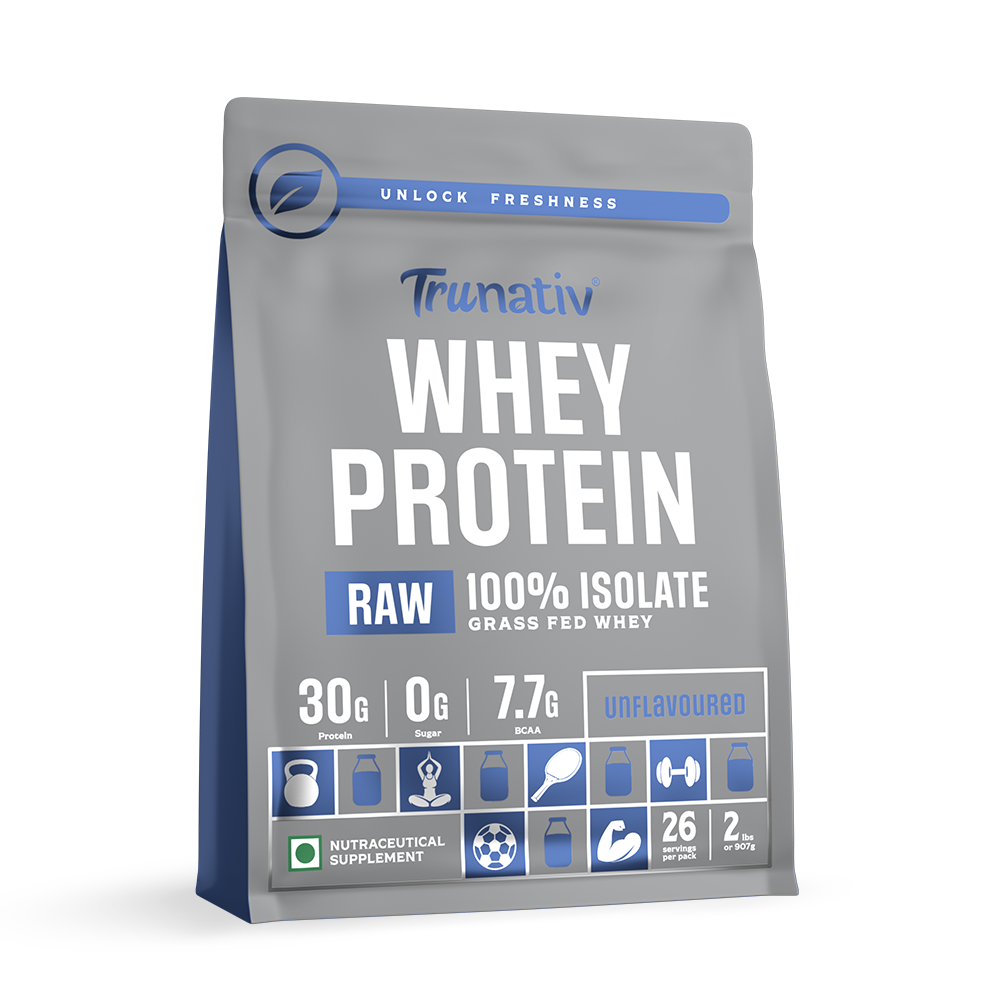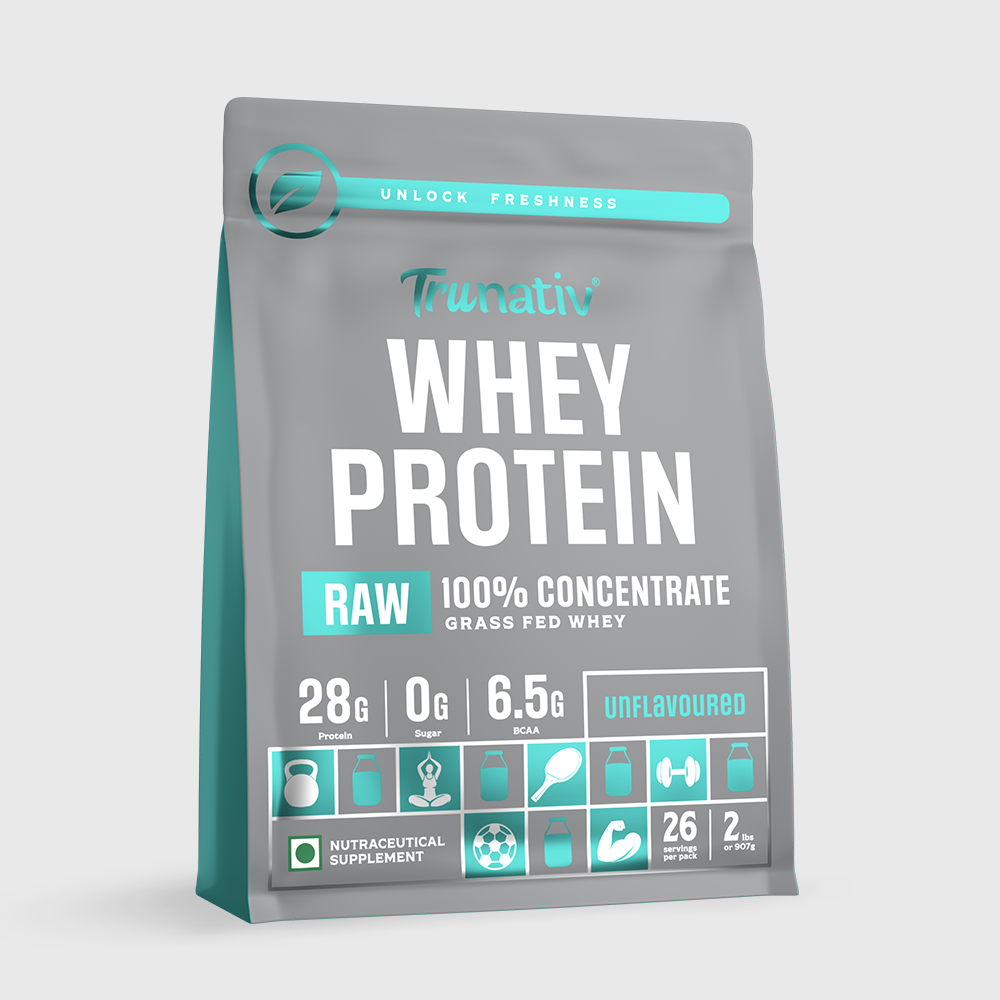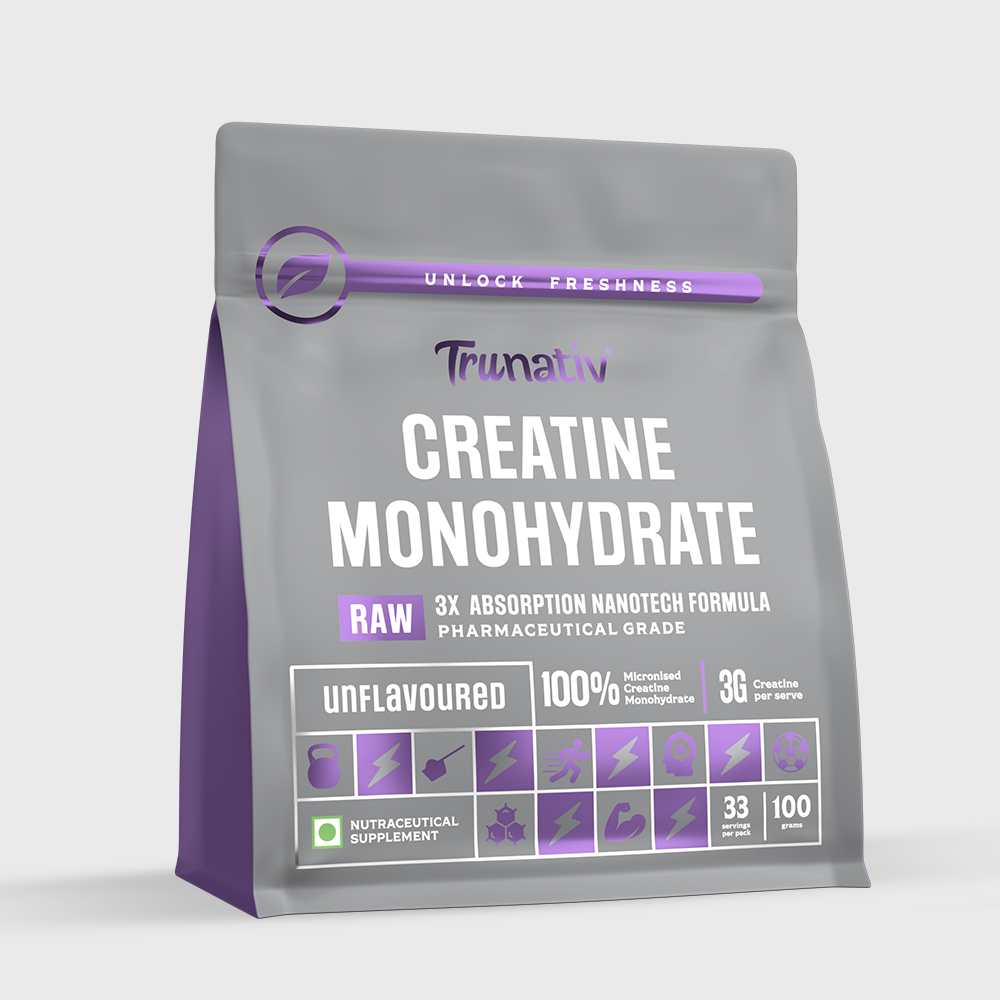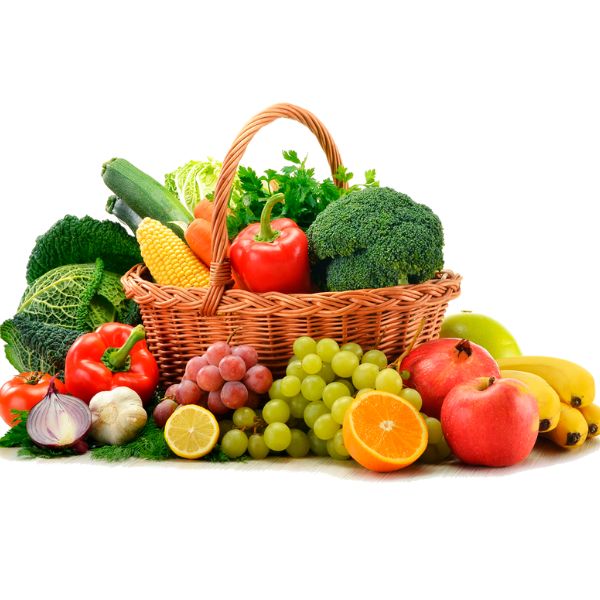

· By AMISHA SHUKLA
What are the protein foods for vegetarians?

Proteins are an essential part of our day-to-day diet. They provide our muscles, cells, and other important tissues with the required growth factors to maintain them healthy and functioning normally.
In India, many people choose to follow a vegetarian diet. While this is a highly healthy diet, it can sometimes be low in certain elements such as vitamin B12 and proteins. It is quite common in clinical practice to see vegetarians suffering from low vitamin B12 levels. However, clinical evidence indicates that people who follow vegetarian diets have a lower incidence of acquiring heart disease and connected complications.
This article will examine a brief list of protein-rich food for vegetarians.
The Requirement For Protein
Proteins are essentially made of building blocks called amino acids. Amino acids are important for cell growth and development throughout our lifetime. Proteins form the fundamental structure of our crucial organs and our skin, hair, and other vital parts of our body. If we consume less amount of protein, we could lose muscle strength and muscle mass and become weaker. For individuals recovering from a medical illness, a high protein intake often assists in faster recovery.
Let’s have a look at some of the protein-rich foods available in the vegetarian group.
Protein Rich Food For Vegetarians:
1. Lentils
Lentils, also named daal, are a famous addition to an everyday meal in India. Each cup of lentils contains about 18 g of protein, making it an ideal vegetarian protein source. Lentils can be had in the form of soups or can be consumed with rotis or even rice.
In complement to protein, lentils also have a good quantity of fiber which can assist in maintaining healthy bacteria within the gut. There is some understanding that routine consumption of lentils may also decrease the risk of developing heart disease and cancer. However, a small number of individuals who consume lentils regularly may notice extreme flatulence. This is not unique to lentils but is commonly seen with a high-protein diet.
Lentils also have quality antioxidants and multiple minerals to help protect the cells. So make sure you have a cup full of lentils every day to get your dose of protein.
2. Legumes
Legumes have varieties of beans, such as kidney beans, black beans, chickpeas, and similar ones, widely regarded as a powerhouse of proteins. For example, chickpeas have about 15 g of protein per serving and countless different elements and minerals that can keep you healthy, strong, and fit. Clinical studies also found that routine legume consumption can help maintain low cholesterol levels.
Chickpeas and other legumes are excellent in salads or the form of low-fat, low-salt curries.
3. Nuts
Nuts are superfoods. If you desire to pursue a good veg protein diet, you should deeply consider adding nuts to the cavalry. Nuts such as almonds and cashew nuts are ideal protein sources and are always included in the protein foods veg list.
Eating about 20 to 25 whole almonds every day can deliver you about 6 g of protein. However, this can be quite a lot to eat in one go, and just having a handful of mixed nuts every day can provide you the protein increase your body demands. Not just that, nuts also include a good quantity of dietary fiber and vitamin E.
If you are looking for a heart-healthy snack and protein-rich food for vegetarians, include nuts as a part of your daily diet. However, keep the salt intake low and avoid eating salted nuts.
4. Green Peas
You wouldn’t believe in looking at it, but green peas are an amazing source of protein. A cup full of these green beauties offers you nearly 9 g of protein. In complement to this, they are rich in vitamins A, K, and C and contain multiple minerals and a high quantity of fiber. So only including green peas in your daily vegetarian diet can support and give you the extra protein your body needs.
5. Quinoa
Quinoa is slowly catching on in India as healthy food, low in fat and high in protein. Each cup of quinoa can deliver around 9 grams of protein and is perfect for those who have diabetes. They are wealthy in dietary fiber, which can help maintain blood sugar levels under control. Their glycemic index (GI) is 53. Keeping in mind that a GI of 55 or below is deemed low, quinoa is an excellent food that can be incorporated into a diabetic diet plan. You may refer to the Glycemic Index Food Chart to find out the GI of other foods. Besides these, quinoa also includes many complex carbohydrates and multiple minerals. Quinoa is definitely one for the protein foods veg list.
6. Soy Milk
Of late, there has been a fair amount of promotion regarding soy milk as a good protein source, which is completely true. Many individuals are intolerant to lactose and need an alternative source of protein, and soy milk is a great one, having nearly 7 g of protein per cup. But it is not just the protein that creates soy milk an ideal food; it is also a good source of calcium, vitamin B12, and vitamin D. However, the latter vitamins are generally present in soy milk that has been fortified.
You could add soy milk to your tea or coffee or drink it instantly. However, avoid the sweetened variety, as this can add to your body weight and would nullify the beneficial effects of consuming this protein-rich food regularly.
Also, there are several products made from soy other than milk which is also protein-rich. These include tofu (made from the curd of soy milk), edamame (a preparation produced from immature soybeans, boiled or steamed), and tempeh (a fermented preparation native to Java, which is created in a cake form). These products have identical health benefits to soy milk since they maintain their high protein content and have added advantages like other nutrients. Unlike soy milk, they can also reduce hunger pangs since they are solid foods. This, in turn, enables you to lower your food consumption. These products can thus enable you to provide your daily protein requirement and aid you when you try to lose weight.
7. Oats
There is no doubt that oats are superfoods. They are rich in protein, but they are a powerhouse of soluble fiber and are clinically proven to help lower the risk of acquiring heart disease and lowering cholesterol. A small cup of oats can supply you with nearly 6 g of protein and a quarter of your daily fiber requirement. They also help control blood sugar levels, owing to their high fiber content and low glycemic index.
Avoid masala oats or ready meals, as these have higher amounts of salt and may not be the healthy start to the day you expect you will get from them. Instead, buy regular oats and consume them with milk and a spoonful of honey sprinkled with almonds. You could even chop some fruit up into them or add a fistful of berries. A cup full of oats in the morning is a wonderful way to start your day.
8. Chia Seeds
Chia seeds have newly caught on in India and are being used more and more in our country as a superfood. A 35 g serving of Chia seeds includes 6 g of protein and 13 g of fiber! In addition to this, they are also rich in nutrients such as calcium, magnesium, and iron and contain omega-3 fatty acids and multiple antioxidants that can keep you fighting fit.
Chia seeds are simple to use, and make sure that you consume the organic type. Also, please make certain that you are consuming not basil seeds as they look quite identical to Chia seeds. Simply soaking Chia seeds in water for a short time and then having them with your favorite beverage can give you the nutritional gain your body deserves. Chia seeds are a wonderful protein for vegans.
9. High Protein Vegetables
Vegetables are widely believed to contain vitamins and minerals with fewer carbohydrates and proteins. However, some vegetables have a greater amount of protein, such as spinach, potatoes, broccoli, asparagus, and even sweet potatoes. Though the amount of protein in each is not equivalent to non-vegetarian sources, it is still quite a proper value at around 5 g per cup full of veggie cooked.
10. Fruits
Fruits are normally poorer sources of protein. That being said, fruits such as bananas, guava, and certain berries have a proper quantity of protein. However, don’t count on fruits as your source of protein; instead, choose from one of the options listed earlier in this article.
11. Edamame
Edamame is soybeans that are not fully matured, usually consumed as a side dish in the eastern countries of Asia. Edamame can be found in popular dishes like sushi or can be consumed as a standalone snack/meal. This type of soybean may be cooked and eaten either in pods or as beans. Due to its simplistic preparation process, edamame is a protein-rich vegetarian food that can be added to any diet. Edamame has nearly 12g of protein per 100g of beans.
12. Wild Rice
Although not a rice species, wild rice is a grain found and grown by the native peoples of North America and in specific parts of China. This grain is slightly chewy with a nearly vegetable-like taste and delivers a lot of nutrition, including 15%-20% of your daily needed zinc and manganese. Wild rice has a protein content of about 4g per 100g. Keep in mind that you may eat more than just 100g of wild rice in each meal. Wild rice may be a wonderful staple protein-rich vegetarian food to add to your diet since it can be ingested regularly (even multiple times a day). Of course, we suggest having this food along with other dishes. You might end up getting bored of plain cooked wild rice.
13. Brussels Sprouts
Besides being rich in fiber and all-around great for health as a green vegetable, Brussels sprouts are surprisingly a good protein source. While its protein content of 3-4g per 100g does not create it a competitor to meats and eggs, it is still a high protein-rich vegetarian food that you should add to your diet. Add protein to your salads with this veggie or steam or roast Brussels sprouts as a midday meal.
14. Sweet Corn
Corn is one of the most cultivated crops in reality today. It is used to make corn syrup and cornflour and utilized as a food source. Sweet Corn is a yummy snack to try, whether boiled, steamed, or roasted with a delicious slathering of butter. Sweet Corn has a 3.3g protein content in every 100g serving, nearly non-existent fat, and no cholesterol.
15. Avocado
Avocado is a fruit native to North America that has achieved popularity as a superfood due to its highly nutritious nature, both in macronutrients and vitamins and minerals. Although it was originally popularized in Mexican cuisine, avocado is fast becoming a protein-rich vegetarian food for bodybuilding and fitness routines. Avocados can be consumed, sliced up, or added to salads and other preparations like guacamole.
The bottom line
Protein deficiencies in vegetarians and vegans are unusual, particularly for those pursuing a healthy, well-planned diet. Yet, some people may be curious about improving their plant protein intake for various reasons. Therefore, this list can be utilized to guide anyone interested in incorporating more plant-based proteins into their diet.
